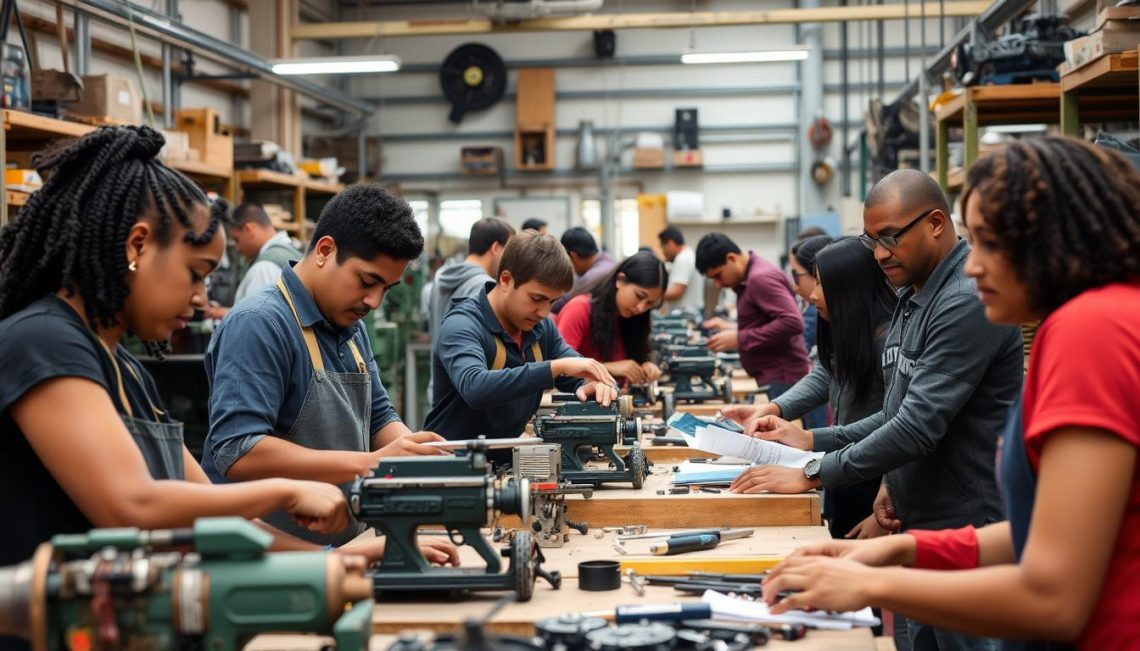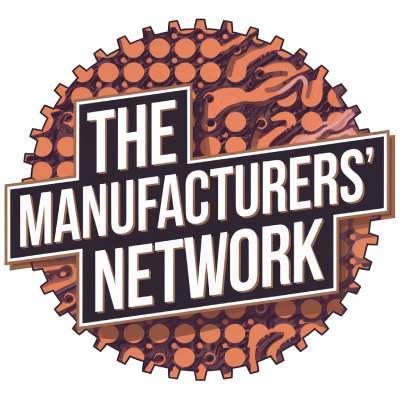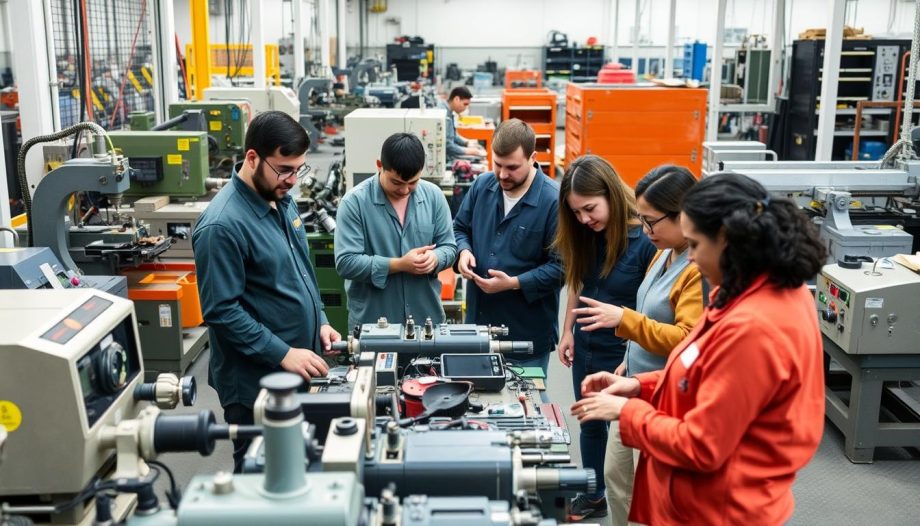In today’s rapidly evolving manufacturing landscape, the adoption of Peer-to-Peer Learning has emerged as a transformative strategy. This innovative approach not only enhances skill development among workers but also fosters a culture of collaborative learning and knowledge sharing. Leading companies such as Toyota and General Electric exemplify how effective Peer-to-Peer Learning can drive innovation, improve efficiencies, and significantly reduce costs. The integration of collaborative techniques in manufacturing practices cultivates an environment where employees continuously enhance their skills, adapt to changes, and contribute to an innovative workforce.
Understanding Peer-to-Peer Learning in the Manufacturing Sector
Peer-to-Peer learning plays a crucial role in the manufacturing sector, fostering an environment where individuals exchange knowledge and skills directly. This method contrasts with traditional training systems, allowing for a more interactive approach to professional development.
Defining Peer-to-Peer Learning
The Peer-to-Peer Learning Definition highlights an informal learning process where colleagues collaborate and learn from one another’s experiences. This method emphasizes direct communication over formal instructional techniques, thus enhancing engagement and retention of information. Individuals actively participate in sharing insights, leading to a more robust understanding of complex concepts and practices within their roles.
Historical Context of Learning Models in Manufacturing
The evolution of Manufacturing Learning Models has seen significant transformations, particularly throughout the industrial revolutions. Initially dominated by instructor-led training, the shift towards collaborative models has redefined how skills are disseminated in the workforce. Major companies now embrace these peer-based approaches, recognizing their effectiveness in promoting Collaborative Knowledge Sharing among teams. As the manufacturing landscape evolves, understanding this historical context reveals the importance of adapting learning strategies to meet the demands of a dynamic industry.

The Benefits of Peer-to-Peer Learning in Manufacturing
Peer-to-peer learning presents significant advantages in the manufacturing sector, driving individual and team performance through enhanced cooperation and knowledge sharing. This approach facilitates both skill development and innovation in manufacturing, making it a valuable strategy for modern businesses.
Enhanced Skill Development and Knowledge Sharing
Peer-to-peer learning nurtures an environment where employees continuously exchange their expertise and experiences. This real-time knowledge sharing contributes to skill development benefits that extend beyond formal training programs. Companies like Boeing leverage this model to maintain high safety and quality standards, benefitting from the improvements in team performance and capabilities. Continuous engagement in such learning processes not only aids individual growth but also fosters a culture of collaboration among workers.
Encouraging Innovation through Collaboration
The collaborative approaches inherent in peer-to-peer learning create a fertile ground for innovation. Employees feel empowered to share their ideas and perspectives freely, which leads to fresh insights and creative solutions. Siemens exemplifies this trend by implementing programs that capitalize on collective insights to drive product and process innovations. A diverse array of viewpoints enhances problem-solving capacities, ultimately leading to advancements in manufacturing methodologies.

Implementing Peer-to-Peer Learning Programs
Organizations looking to enhance their culture through peer-to-peer learning can adopt several effective strategies. These strategies create an environment conducive to sharing knowledge and experiences among employees.
Strategies for Effective Implementation
Establishing a robust framework for peer learning involves a mix of communication, training, and leadership support. Key components include:
- Clear communication of goals related to Implementing Peer Learning initiatives.
- Training facilitators to lead discussions and foster engagement.
- Formal feedback mechanisms to assess participation and satisfaction.
- Strong leadership support to champion the initiative and encourage participation.
Technological Tools Supporting Peer Learning
Technology in Learning plays a pivotal role in facilitating peer interactions. Organizations can utilize several tools to enhance their programs:
- Learning Management Systems (LMS) to organize resources and track progress.
- Collaborative platforms such as Slack, Microsoft Teams, and Zoom for real-time communication.
- Document-sharing tools like Google Drive for easy access to shared materials.
Measuring Success and Adaptability
Measuring Success of peer-to-peer learning initiatives is essential for continuous improvement. Some effective methods include:
- Collecting employee feedback through surveys to gauge perceptions and experiences.
- Assessing learning outcomes through skills assessments before and after participation.
- Tracking performance metrics to identify correlations between peer learning and productivity.
Adapting strategies based on these evaluations ensures that organizations respond effectively to the dynamic needs of their workforce.
Challenges and Solutions in Peer-to-Peer Learning
Implementing peer-to-peer learning in manufacturing is not without its challenges. One significant hurdle is the potential resistance to change among employees. Many might be accustomed to traditional training methods and may hesitate to embrace a more collaborative approach. Additionally, knowledge hoarding can emerge, where individuals hesitate to share their expertise, fearing it may diminish their own value within the organization. These barriers can significantly impact the effectiveness of peer learning initiatives if not addressed promptly.
To combat these challenges in peer learning, organizations need to focus on fostering a culture that champions collaboration and collective growth. Solutions for effective learning may include structured programs that emphasize the benefits of knowledge sharing, along with active management support to reinforce the importance of collaboration. Training sessions highlighting successful outcomes from peer learning can further incentivize employees to engage in these initiatives, thereby overcoming barriers to participation.
Another effective strategy involves establishing clear guidelines and objectives for peer-to-peer learning. By setting measurable goals and regularly assessing progress, organizations can create a transparent framework that encourages participation. This clarity not only promotes accountability but also motivates employees to actively contribute their knowledge and skills. In addressing challenges in peer learning, embracing continuous improvement and open communication plays a pivotal role in ensuring the success of these collaborative efforts.

